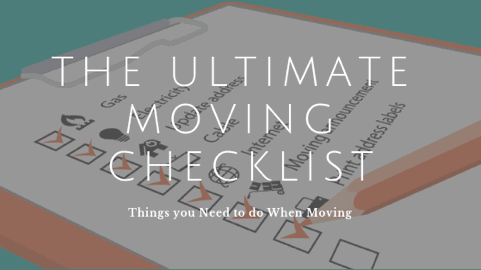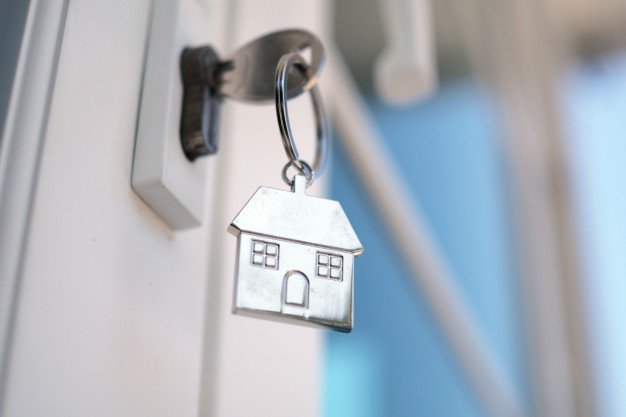The real estate business is undoubtedly a booming sector. Whether you’re buying properties as an investment or selling properties for profit, you can definitely earn some real big buck in the business. There’s another way of earning in real estate, though, and that is flipping houses.
What Is Flipping Houses?
This is a practice in the real estate industry wherein one buys a property at a low price and sells it at a high price, so profit is gained.
Those who are seasoned in the business say that gaining large profit in flipping houses does not happen overnight and in one transaction. The flipping business is a number’s game; the more houses you flip, the more profit you get.
Two Kinds of Flipping:
-
Fix and flip:
This is the common flipping that people know of. This requires a good sum of capital as you buy a house and then do some fixes before you sell it at a higher price.
After fixing the house, if you’re not a broker yourself, you’ll then hire a professional broker like those from CNY Realtor to make sure that you get the best value out of your flipping investment.
-
Nontraditional flipping or flipping of contracts:
Even if you don’t have the funds or a good credit score to borrow a large sum of money, you can still engage in flipping.
There are two important persons that you need to have though:
- A cash buyer who will purchase your property right away for a fast returnWhere to find your cash buyers?
- You can check your connections if you’ve got some rich friends who are willing to invest.
- You can employ online marketing strategies to attract cash buyers.
- You can check your local registry as to who made cash purchases for the past 30–90 days and then contact them one by one regarding your property on sale.
- A motivated seller who is willing to sell his or her property at a low priceClues to look out for in finding a motivated seller:
- In checking online, look out for keywords on postings such as “urgent sale,” “below market value,” or “for urgent disposal.”
- Check properties under some type of lien, for instance, tax lien.
- Take some time to drive through a specific neighborhood, and look out for a messy front yard and empty houses.
Whichever of the two you’ll be doing, you must carefully execute these three to make money in flipping houses:
-
Choose the hottest locations:
Don’t limit yourself in your area. Check for locations where buyers are currently flocking in buying properties. For flipping purposes, it’s not advisable to go with highly urbanized locations if you’re still starting as it will cost you a fortune.
Consider these viable locations when flipping:
- Counties with recent developments
- Beach areas with scenic potential
- Small cities near highly commercialized ones
-
Know the average price of the property:
We’re not only talking here of the price you’ll be paying for the property but how much the cash buyer is willing to pay for it. You need to know the right price for yourself and the buyer, so your property gets sold and you’ll earn.
Follow these to check the average price on various markets:
- Get the cash transactions in the past 30 days in the area where you’re eyeing to buy a property.
- Check out some websites that can help you determine the retail prices.
- Compare the retail prices provided and identify the average gap.
The average gap is the amount you’ll use to know how much you’ll mark upon the property as it’s around that estimated price other buyers have purchased their properties on.
-
Pick the right property:
Once you have already picked your location and you already know how to calculate the price gap, this is the crucial part. Choosing the right property can make or break your flipping.
How to look for properties in your chosen location?
- Browse the MLS.
- Check listing websites.
- Talk to people in the area.
- Check out houses that may be repossessed.
Earning in real estate flipping does not only involve a startup capital. It needs a proper strategy and critical thinking; money alone can take you nowhere. Grow your connections, do your homework, and exert extra effort in finding the right property to flip – the right mix of these can help your success in the flipping business.
Read Also:






















